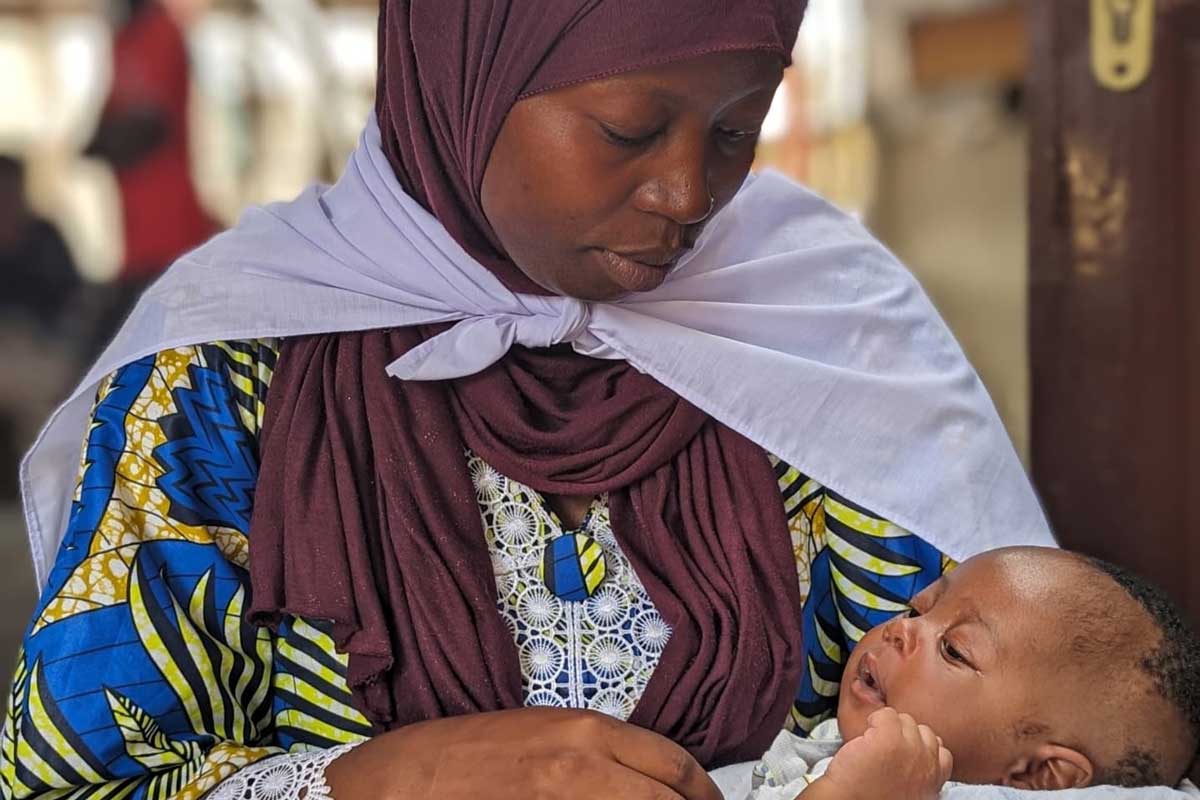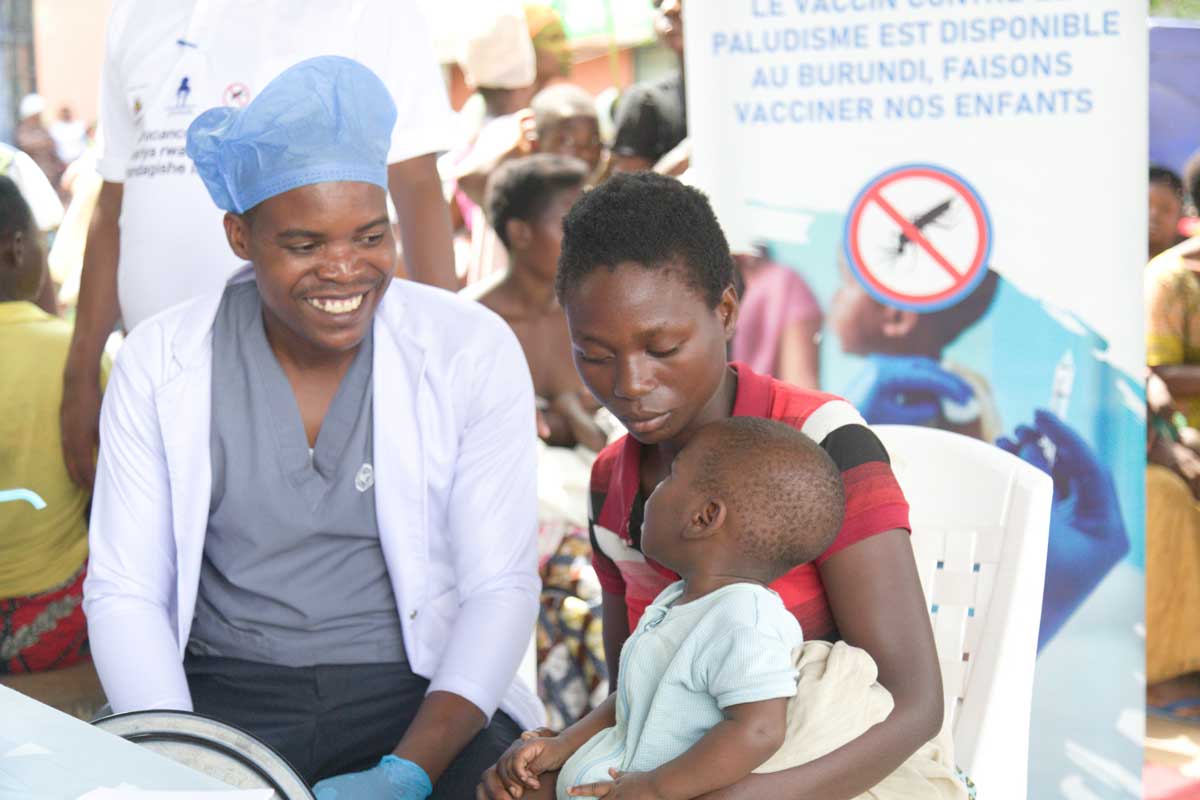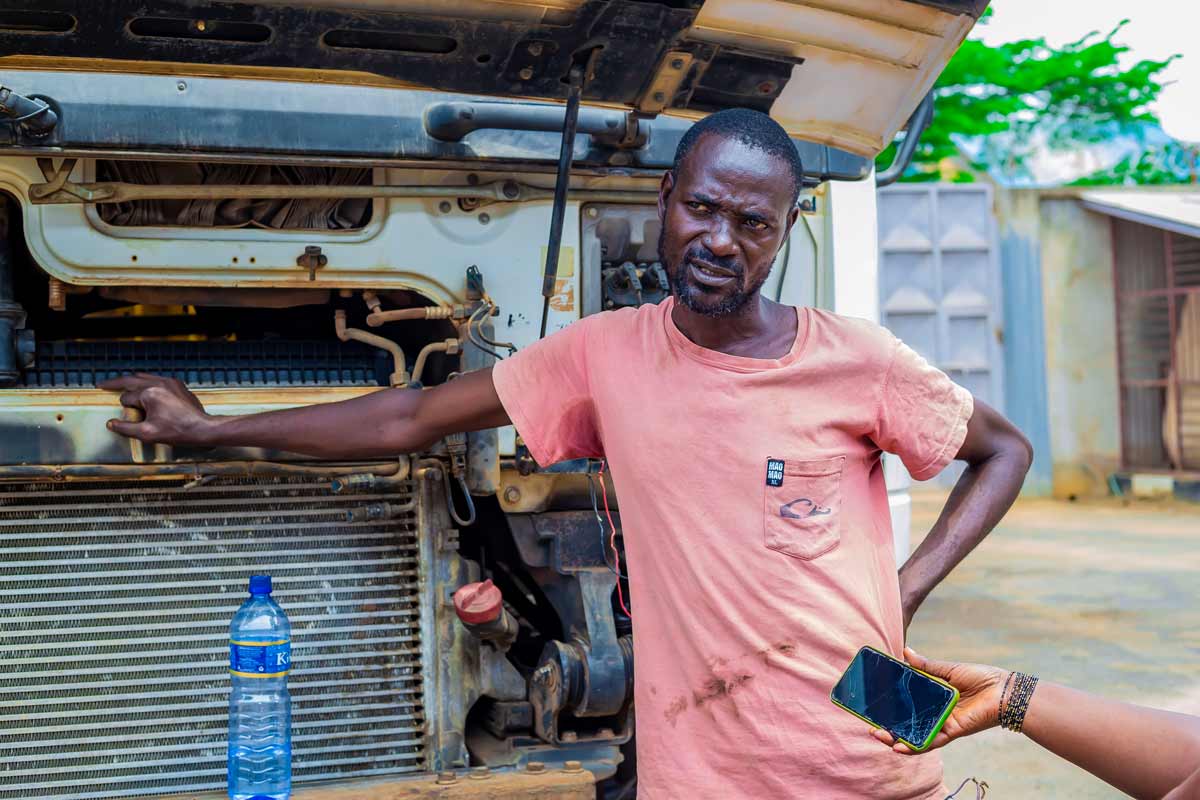Religious leaders take centre stage to keep communities healthy
In Burundi, Muslim leaders are playing a vital role educating their communities about the benefits of vaccination.
- 26 August 2025
- 5 min read
- by Moses Havyarimana
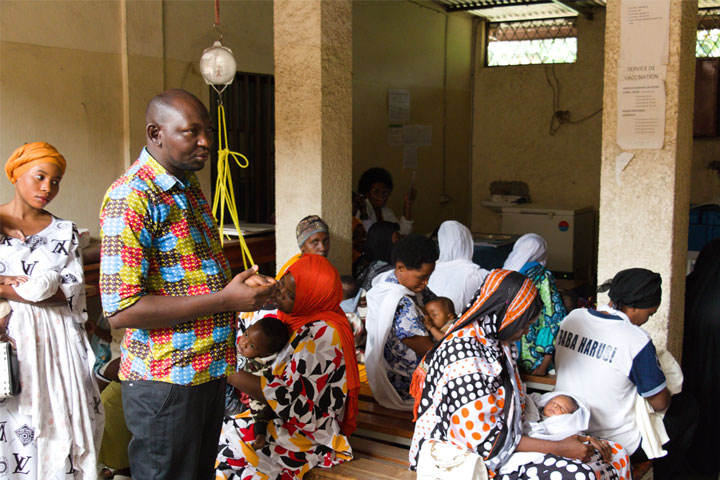
As a Muslim who grew up in a community where most young people lacked access to formal education, Nyamundende Assumani is among the few Muslim leaders in Burundi to have completed his studies. Besides overseeing other local mosque leaders in Bujumbura’s Mukaza Commune, he now dedicates his time to volunteering and providing health support to his community in the suburb of Buyenzi.
Shifaa, a well-known hospital located on the 7th Avenue in Buyenzi, is where Nyamundende established an office on the second floor. As one of the hospital’s stakeholders, he has earned the community’s trust through organising various health initiatives, including vaccination campaigns.
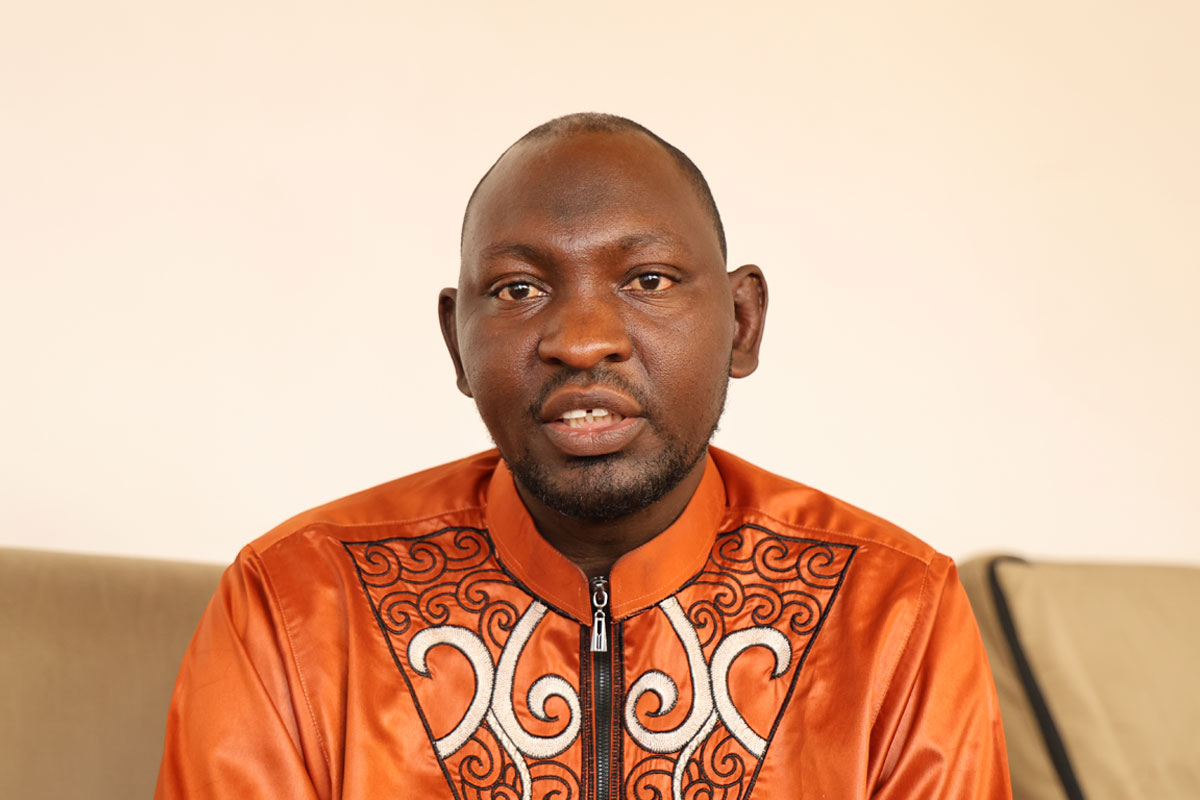
“In 2021 we started up this hospital in Buyenzi and we cooperate closely with the Ministry of Health by giving them reports, and also during epidemics we collaborate closely,” Assumani said. From Monday to Friday, he manages hospital consultation schedules while spending at least six hours each week discussing the benefits of vaccination with new mothers. With his gentle, calm demeanor and sense of humour, he easily captures their attention, often introducing himself with lighthearted, unexpected questions.
“Muslims always come out in big numbers - especially when they are told by their imam,” Assumani said. For instance, in the fight against measles, both Muslim and Catholic religious leaders “have done incredible work to fight this deadly disease”.
Addressing a group of mothers assembled at a vaccination centre, he asks: “Last time, we said how many vaccines does a child need to have before turning 13 months?”
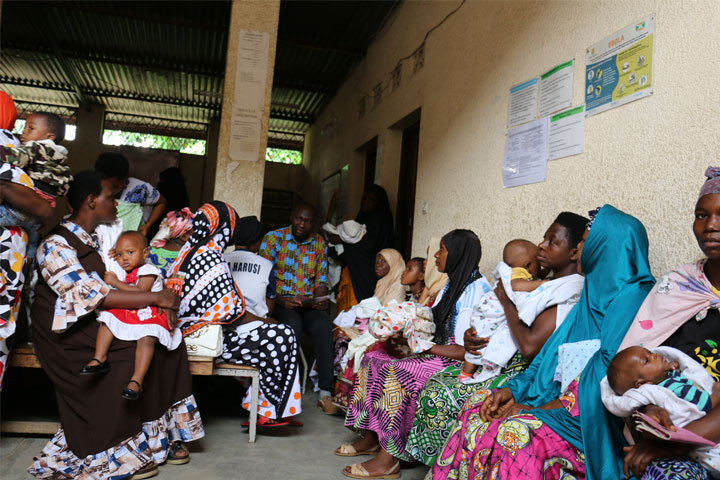
Almost instantly, many of them begin smiling and murmuring as they try to recall the answer. The atmosphere lightens, creating a positive mood, as he seamlessly transitions into educating and sensitising the parents about the vaccination schedule, the specific dates to return with their children, and how the vaccines work.
Mugisha Safia, a 36-year-old mother of four children, is among the parents who have been attending regular vaccination meetings and activities organised by Buyenzi’s religious leaders.
She said: “Religious leaders always teach us to take children for vaccination on time, so that we don’t miss out, to protect children from deadly diseases like measles, polio… we have come to know how it is really important.
“Those who didn’t take children for vaccination, we see how their children are vulnerable to diseases – even in some cases they die.”
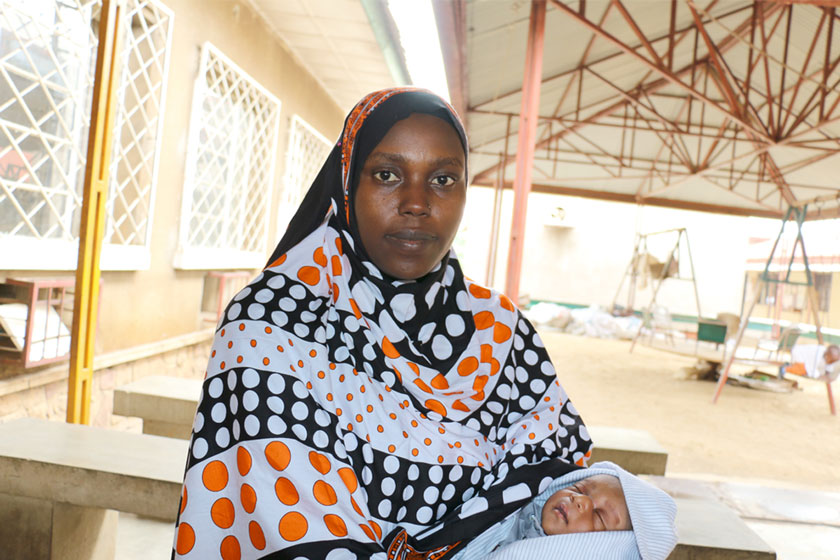
Assumani says his motivation comes from his ambition to see children grow up healthy. When asked why he is particularly passionate about educating society on the importance of vaccines, he smiled and said: “We have seen the consequences of people not taking their children for vaccination. There is a lot of misinformation in our communities, so I took this responsibility to educate the community about vaccination and create awareness. As a leader I feel like I am making a positive impact to my community.”
Have you read?
Burundi has historically achieved high vaccination rates, with coverage with a third dose of diphtheria, tetanus and pertussis-containing (DTP) vaccine – a proxy for routine childhood immunisation more broadly – having stood at above 90% since 2006 and even hitting 94% in 2001, according to the World Health Organization’s Country Disease Outlook for the WHO Africa region, published in 2023. Even so, there were still an estimated 16,946 infants that year who received no vaccine doses before their first birthday – so-called ‘zero-dose’ children.
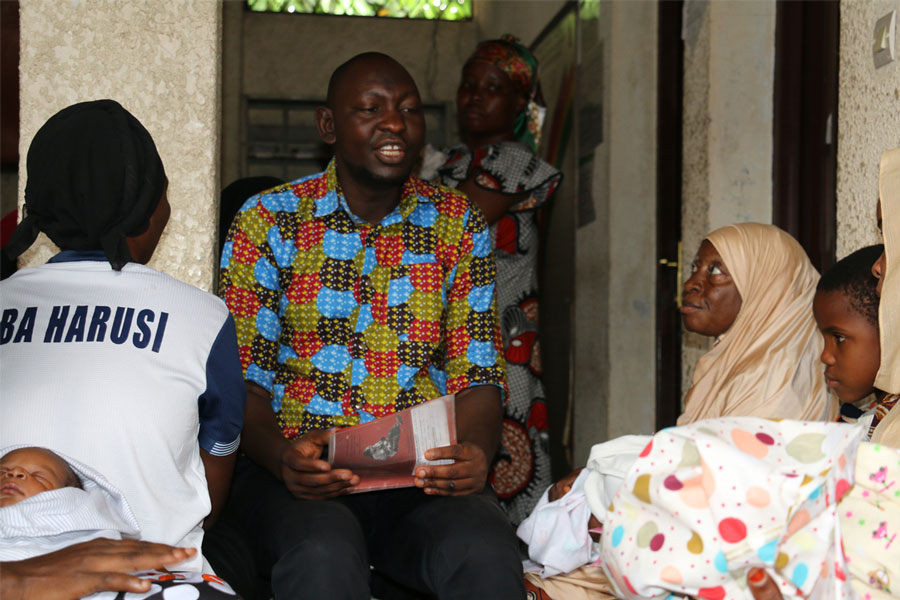
Nyamundende says the coordination and relations between religious leaders and the government health institutions are good, with both parties frequently engaging in reports and the latest health developments and policies as they come.
“If there is a vaccination campaign or any epidemic, we meet with officials from the Ministry of Health and they provide us with all the necessary information to communicate to our community.”
Assumani says leaders try to provide parents with examples of what happened to children in the neighbourhood who were never vaccinated, contrasting these cases with children who were fully vaccinated.
“This approach gives the community a clear proof and avoids any doubt in the society about the vaccine,” he said.
Religious leaders also liaise with government health officials about recent developments and policy changes.
“In most cases, if there is an epidemic or a vaccination campaign, a communique is sent countrywide, and the Ministry of Health contacts religious leaders to meet and get briefed with instructions and information for the way forward,” he said.
Dr Armel Nzeyimana, Chief Medical Officer of the Health District of Bujumbura, said he came to realise the importance of religious leaders during a vaccination campaign that registered a low turnout due to misinformation on some social platforms.
“There are some people who don’t listen to the radio, and they are not even on social media platforms, but always in mosques and churches – so they get the information through the clerics whom they trust a lot,” Nzeyimana said.
In Africa, and Burundi in particular, religious leaders remain highly influential figures in society. According to the Ministry of Health, involving them in community education plays a vital role in helping to eradicate diseases through vaccination campaigns and public sensitisation.
Another Burundi religious leader, Imam Hakizimana Abedi, described teaching his community about vaccination as more than just a job. A Red Cross volunteer for over 30 years, he said the most effective way to convey the message to his fellow Muslims was through the use of photos and videos showing patients who had suffered from a specific disease, to help them understand the dangers of not vaccinating their children.
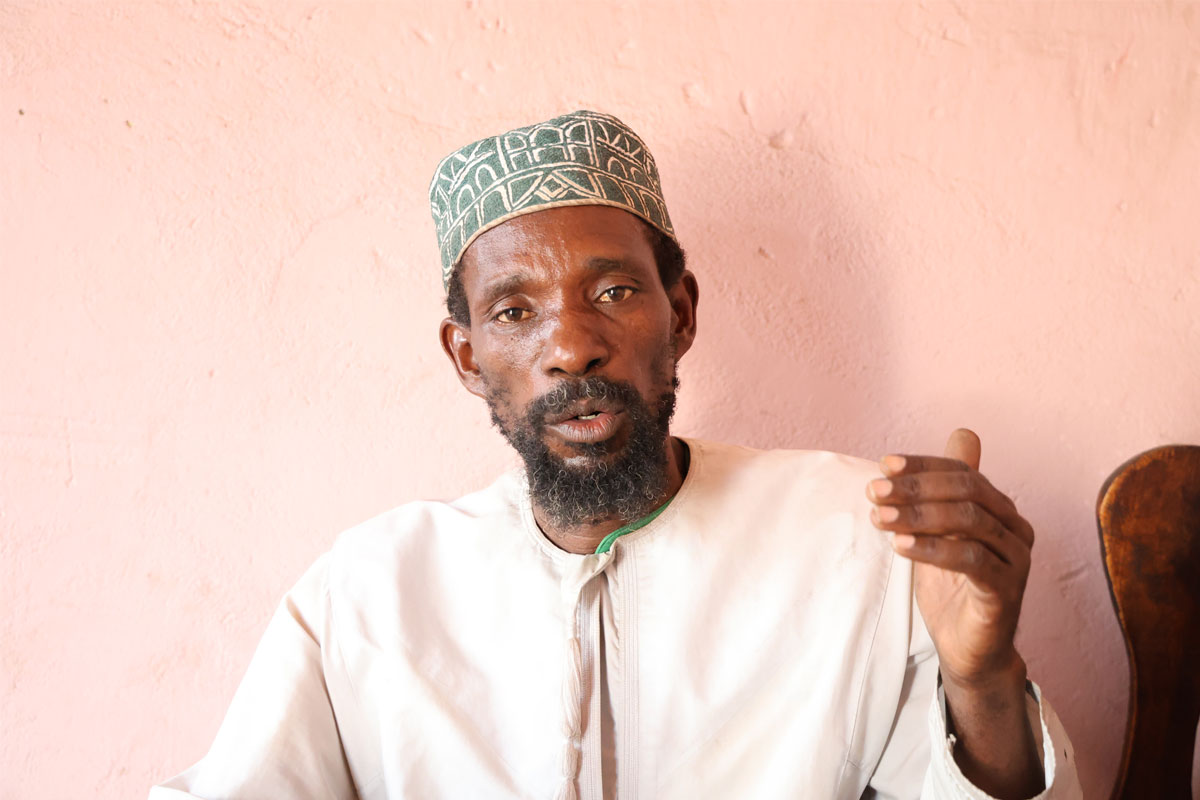
“I believe in vaccines because there was high mortality rate in the 1990s, but now it has declined significantly due to the high number of turnouts for vaccinations,” Abedi said. “It is also good for clerics to be educated, not only about the Bible or the Quran, but also about science and health, which helps the community to stay healthy.”
